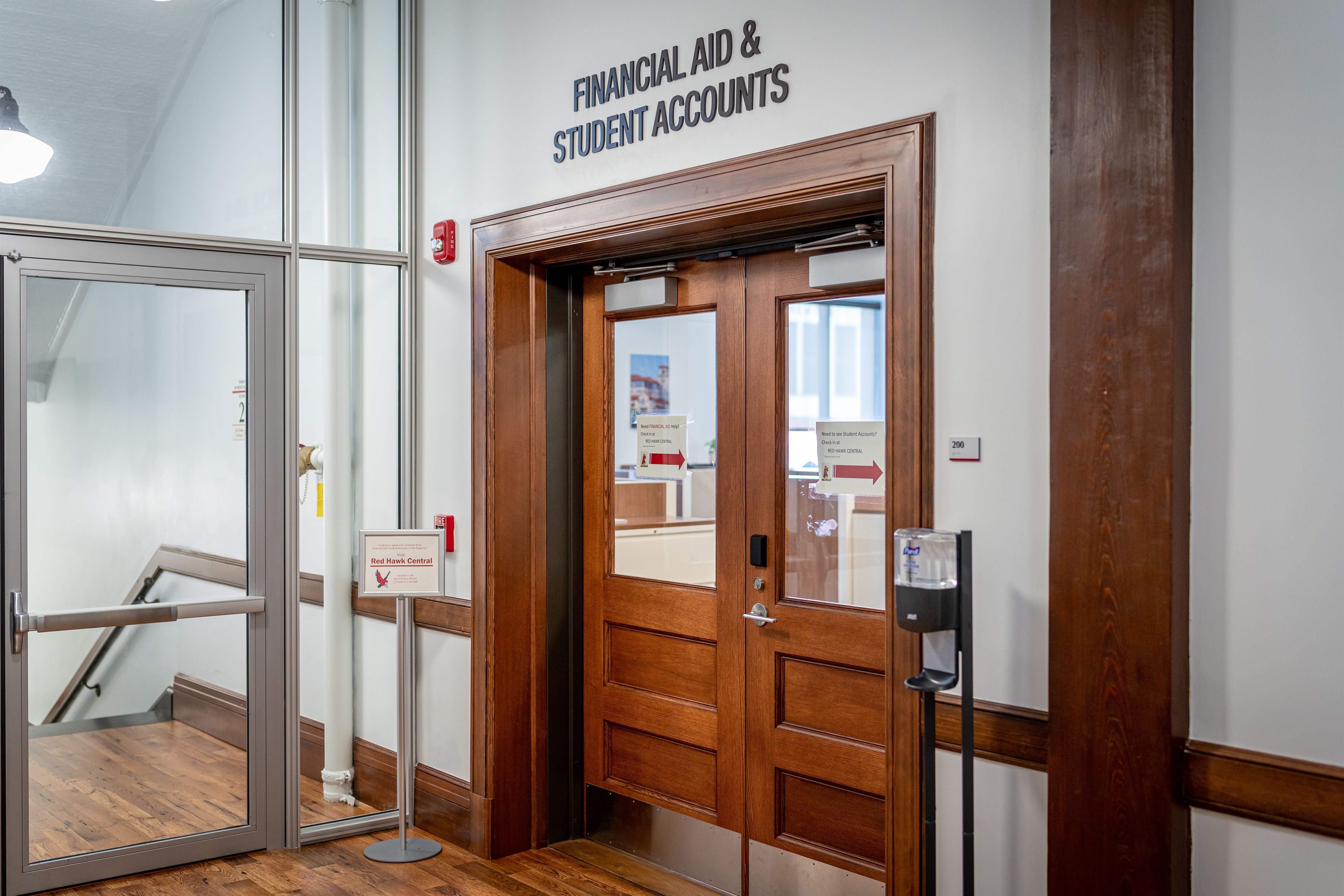In late July, the Board of Trustees approved a tuition increase of about 7% for the next school year. The university has stated that despite the increase, tuition at Montclair State University remains the third-lowest in tuition and fees in the state.
The addition of a commuter dining deposit and the new dining contract were suspected of being the factors contributing to the increase in tuition. However, labor costs are the driving force behind the increase.
For a full-time undergraduate in-state student, tuition per semester for the 2023-2024 school year is $7,382.85. This is about a 7% jump from last fall’s per-semester tuition costs.
Media Relations Director Andrew Mees spoke on behalf of the university clearing up any misunderstandings surrounding the cause of the tuition increase.
“The new dining vendor contract and commuter dining deposit do not impact tuition in any way,” Mees said. “The increase in tuition is driven primarily by an increase in labor costs. For example, the cost of employee salaries and wages will rise this year by 9.6%, or $22.7 million. Additionally, the cost of employee fringe benefits will rise this year by $10.3 million from the prior budget, or 15.5%.”
Increasing salaries is an incentive for potential future employees.
“To provide our students with an excellent experience, it is important that the University is able to attract and retain high-caliber faculty and staff,” Mees said.
On July 1, Bloomfield College officially merged with Montclair State and is now named Bloomfield College of Montclair State University.
Mees said students at Bloomfield College will be paying the same tuition as students at Montclair State starting this semester.
“Bloomfield College of Montclair State University students now pay Montclair State University tuition and fees, which means their tuition and fees went down considerably,” Mees said. “This further demonstrates Montclair’s commitment to access to affordable educational excellence.”
The university has stated that they are committed to affordability for students. Mees weighed in on how that promise is being executed.
“The University remains committed to providing affordable access to exceptional quality. However, the cost of providing our students with an excellent education is rising,” Mees said. “We continually evaluate how we are using our resources in order to keep Montclair as affordable as possible.”
To help those who are struggling to pay their tuition, the university has awarded $32 million in financial aid to students.
“The largest total in university history,” Mees said.
Damien Kirchner, a senior linguistics major, is disappointed after hearing about the tuition increase.
“I wish there was not an increase in tuition, but the increase in financial aid is also nice,” Kirchner said. “But some people don’t get financial aid so that’s hard. I got financial aid up until my senior year. So for me it was great because I used it but as of this year, I’m not eligible anymore. I have to pay out of pocket now. Now that tuition is going up too, it’s not the best.”
Kirchner is upset for students who face challenging circumstances and may not be able to receive the aid that is necessary to pay for their education.
“Not everyone gets financial aid and there’s always that middle ground where some people don’t make enough, but because of other things like kids and stuff they might not qualify for financial aid so it’s hard because they need the money but they can’t get it.” Kirchner said.
Gabriel Kremer is a sophomore physics major. He cites financial aid as a huge help for covering the cost of his tuition.
“So honestly, being that it is a [7]% increase, it does add up a little bit, but I’m not too concerned for it considering I did apply through FAFSA so I am sure most of us have access to FAFSA, so they really help out with that tuition.” Kremer said.
Jenna Marcy is a freshman communications and media studies major. She said tuition is steep despite receiving aid.
“I mean because it’s my first year, I feel like it hasn’t really affected me but going into it, my parents and I had to kind of plan a little more,” Marcy said. “We were expecting it to be a lot lower than it was. When I applied and got in, tuition was a lot higher than we thought it would be. I was able to get some financial aid. I was very thankful about that.”



